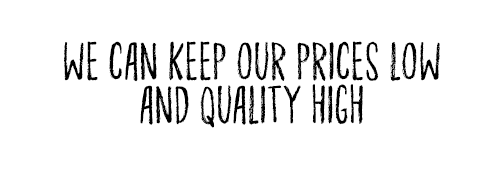Statistics tell us that at least a third of us are affected by by Irritable Bowel Syndrome (IBS) at some time during our life.
IBS is often called 'a functional disorder' of the bowel; in other words, a disturbance in bowel function without any change in structure or obvious cause and when diagnostic tests such as blood tests or endoscopies are carried out, the results do not reveal any obvious abnormality. According to medical criteria, in order to diagnose IBS, there must be at least 12 weeks (which need not be consecutive) in the preceding year, of abdominal discomfort or pain characterized by a minimum of two of the following fundamental three features:
• It is relieved by defecation
• It’s onset is associated with a change in frequency of stool
• It’s onset is associated with a change in appearance of stool.
But other symptoms range from bloating and cramping to tiredness and depression. Modern diets and busy lifestyles leave us all vulnerable to some of the above at times but the cumulative effect of many of these symptoms together can lead to an IBS diagnosis.
What can you do to help yourself..
There is much that can be done effectively and naturally to address the symptoms and therefore each person’s experience of this health phenomenon.
The four primary areas of focus for natural treatment are:
1. Increasing dietary fibre
This is recommended to those IBS sufferers who experience constipation. Chose fibre from fruit (stewed for easier digestion) and vegetable sources such as apples, pears, figs, green leafy vegetables or root vegetables such as squash or beetroot. These are also dense in antioxidants needed to heal the gut wall. Include at least two varieties of fibre with every meal to boost your intake.
2. Eliminate allergenic foods
According to a double blind challenge, two thirds of patients with IBS have at least one food allergy and some have multiple allergies, the most common of these being dairy and grains. If you think this could be your problem, consult a nutritionist for a food allergy test and elimination diet.
3. Remove sugar from the diet
Sugar decreases intestinal motility (the bit that keeps the rhythmic flow in the gut wall so that food passes effectively through the gut). It also causes the glucose running through our bloodstream (also known as blood sugar levels) to rocket and when this happens it causes this muscular rhythmic flow to slow down even further so that foods remains in the gut to fester or longer. Remove refined sugar and all its products such as confectionary and products.
4. Address psychological factors that could be controlling your health
This is a tricky one. Many of us live a very busy life and because we ‘manage’ it day in and day out we may grow used to the stress that it brings with it. Unfortunately we are not always aware that are emotional and physical health is not managing this lifestyle quite so well and as a result conditions such as IBS can develop. Psychotherapy in the form of relaxation therapy or stress management training has been shown to reduce symptoms of IBS.
5. Support with food supplements
Sometimes the gut could do with a helping hand and the following nutritional supplements have been shown to be of much benefit:
Lactobacillus Acidophilus or lactobacillus plantarum but chose a supplement providing a minimum of 2 billion CFU (colony forming units) per day.
Artichoke supplements produced an overall reduction in IBS symptoms in 71% within an average of ten days in a recent study. Take 320mg of Artichoke extract 3 times per day.








